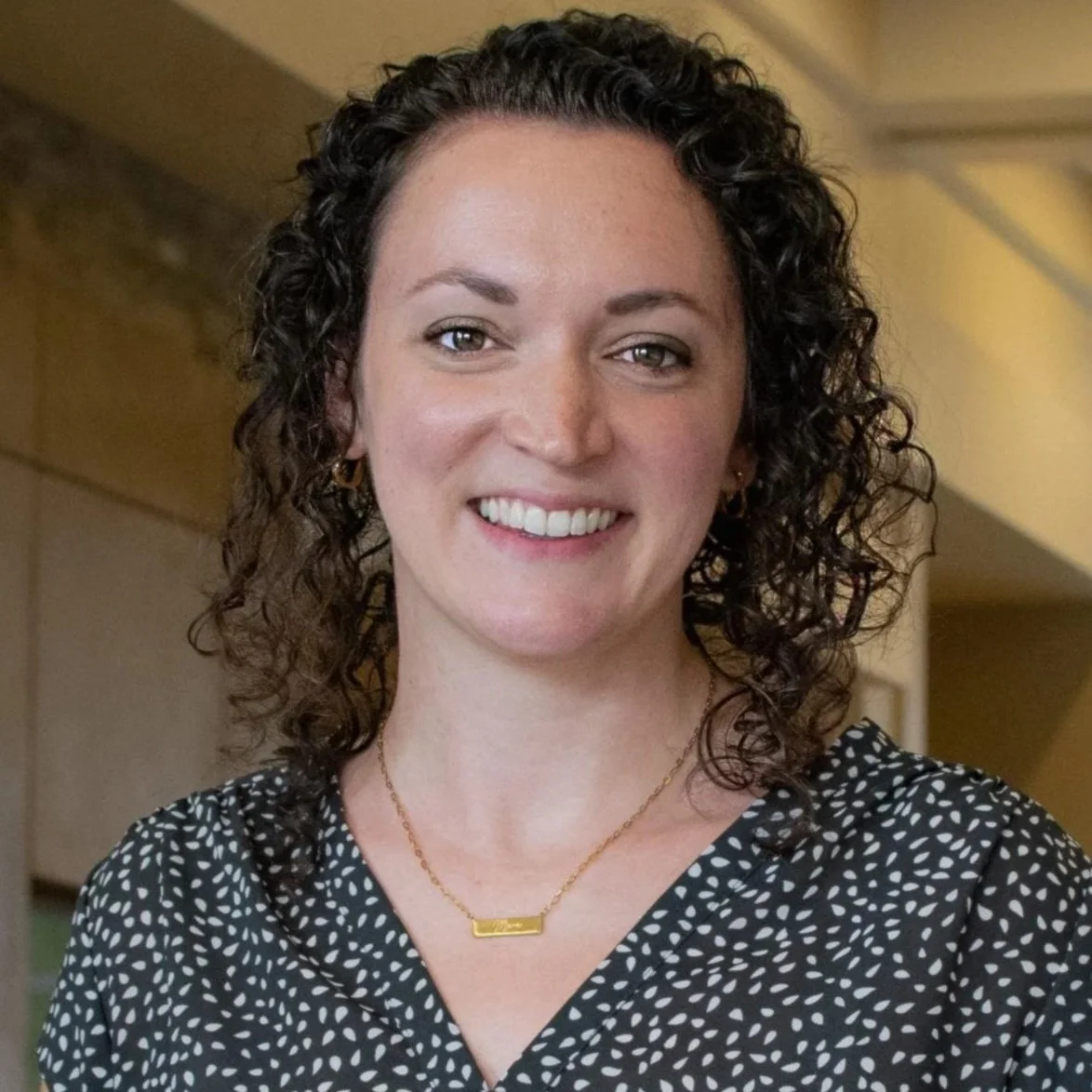Jane Mondul, Au.D., Ph.D.
The Research
Purdue University
Sound-induced plasticity of the lateral olivocochlear efferent system
Loud sounds can damage the auditory system and cause hearing loss. But not all sound is bad – safe sound exposure can actually help the brain fine-tune how we hear, especially in noisy places. A part of the auditory system called the lateral olivocochlear (LOC) pathway may help with this. The LOC system’s chemical signals change after sound exposure, suggesting a form of “plasticity” (adaptability), but scientists don’t yet know exactly how it works. Our project will study how the LOC system changes after safe sound exposure, how this LOC plasticity affects hearing, and whether it still occurs when the ear is damaged. We will test this in mice by measuring their ability to hear sounds in noise and by looking closely at cells in the ear and brain. What we learn could guide new sound-based or drug-based therapies to protect hearing and improve communication in noisy settings.
Long-term goal: Understanding the function and plasticity of the LOC system has broad implications for both basic science and clinical audiology. The long-term goal of this research is to establish guidelines for safe hearing levels in order to optimize hearing in noisy environments and prevent noise-induced hearing loss. Understanding what types of sound exposure are beneficial vs. harmful is essential for promoting healthy hearing habits to reduce the economic and socioemotional burdens of hearing loss. As an initial step toward this goal, this project aims to better understand the lateral olivocochlear (LOC) system as an innate noise suppression pathway—both with regards to normal variations in acoustic environment and damaging noise exposures. Next steps in this line of work will investigate whether the LOC system can be leveraged to improve hearing-in-noise, prevent noise-induced cochlear damage, and guide sound-based or pharmacological therapeutic interventions for individuals with hearing difficulties.
Recipient of an Elizabeth M. Keithley, Ph.D. Early Stage Investigator Award, generously funded by William Randolph Hearst Foundations

